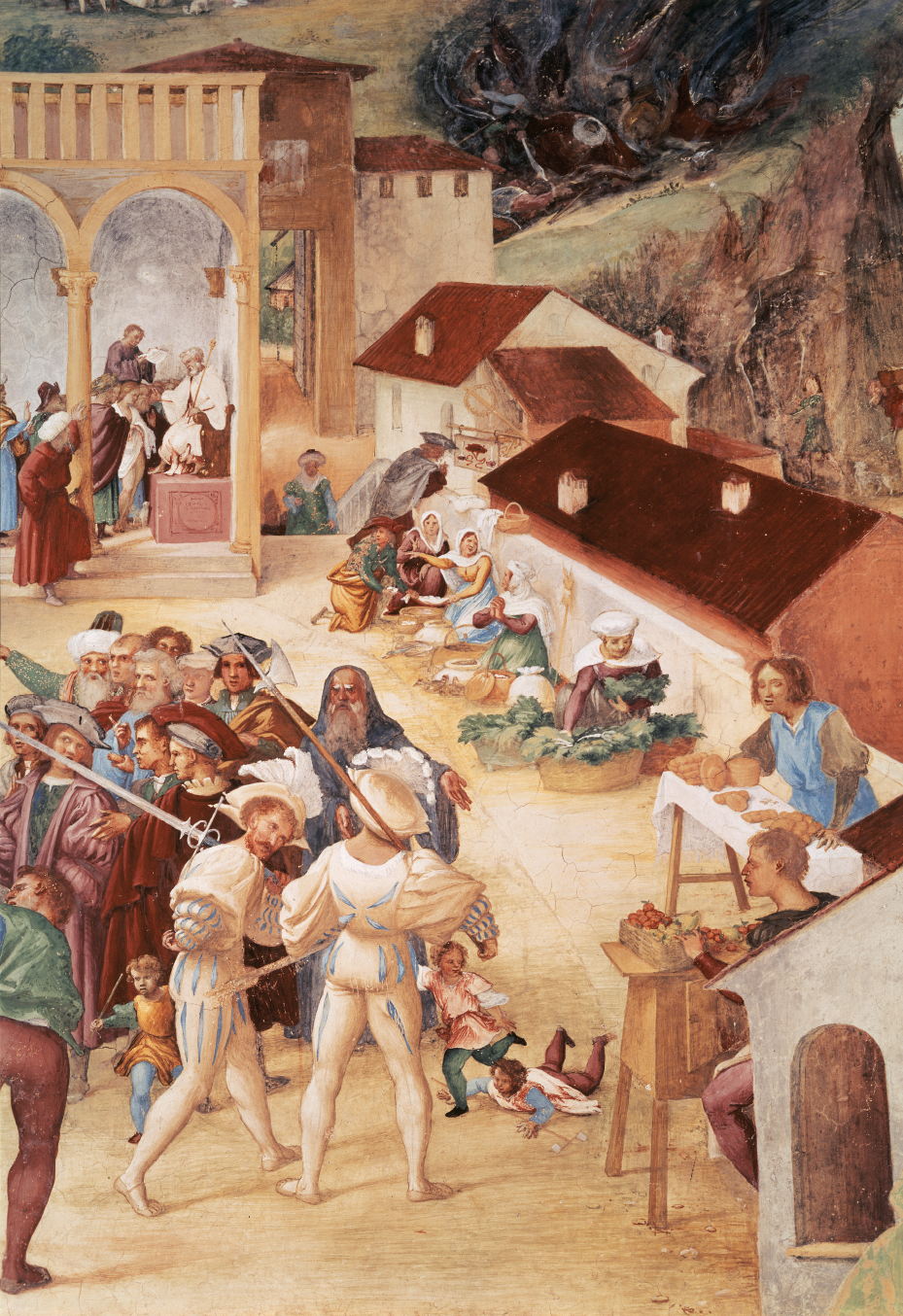Introduction for Chapter 12
12. European Society in the Age of the Renaissance, 1350–1550
>What new ways of thinking and new forms of cultural expression were developed during the Renaissance? Chapter 12 examines the emergence of a new culture in southern Europe. The fourteenth century witnessed remarkable changes in Italian intellectual, artistic, and cultural life. Artists and writers thought that they were living in a new golden age, but not until the sixteenth century was this change given the label we use today — the Renaissance, derived from the French word for “rebirth.” That word was first used by art historian Giorgio Vasari (1511–
LearningCurve
After reading the chapter, use LearningCurve to retain what you’ve read.

>How did politics and economics shape the Renaissance?
>What new ideas were associated with the Renaissance?
>How did art reflect new Renaissance ideals?
>What were the key social hierarchies in Renaissance Europe?
>How did nation-states develop in this period?
| ca. 1350 | 1478 |
| – Petrarch develops ideas of humanism | – Establishment of the Inquisition in Spain |
| 1434– |
1492 |
| – Medici family in power in Florence | – Spain conquers Granada, ending reconquista; practicing Jews expelled from Spain |
| 1440s | 1494 |
| – Invention of movable metal type | – Invasion of Italy by Charles VIII of France |
| 1447– |
1508– |
| – Sforza family in power in Milan | – Michelangelo paints ceiling of Sistine Chapel |
| 1455– |
1513 |
| – Wars of the Roses in England | – Machiavelli writes The Prince |
| 1469 | 1563 |
| – Marriage of Isabella of Castile and Ferdinand of Aragon | – Establishment of first formal academy for artistic training in Florence |
| 1477 | |
| – Louis XI conquers Burgundy |